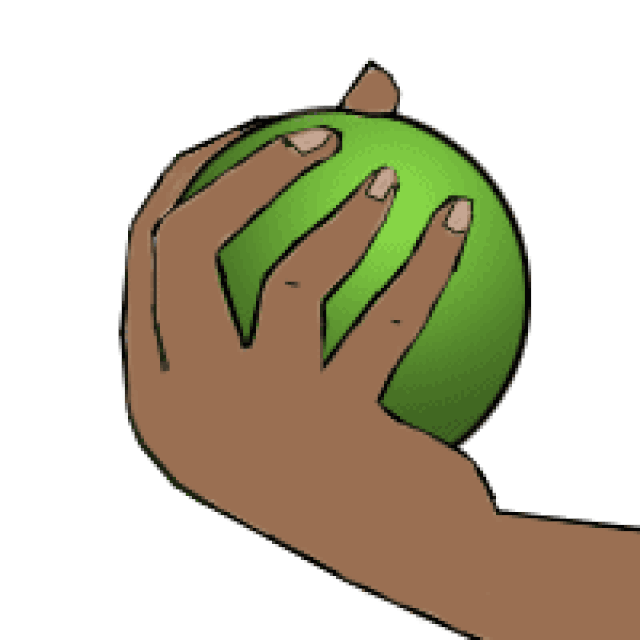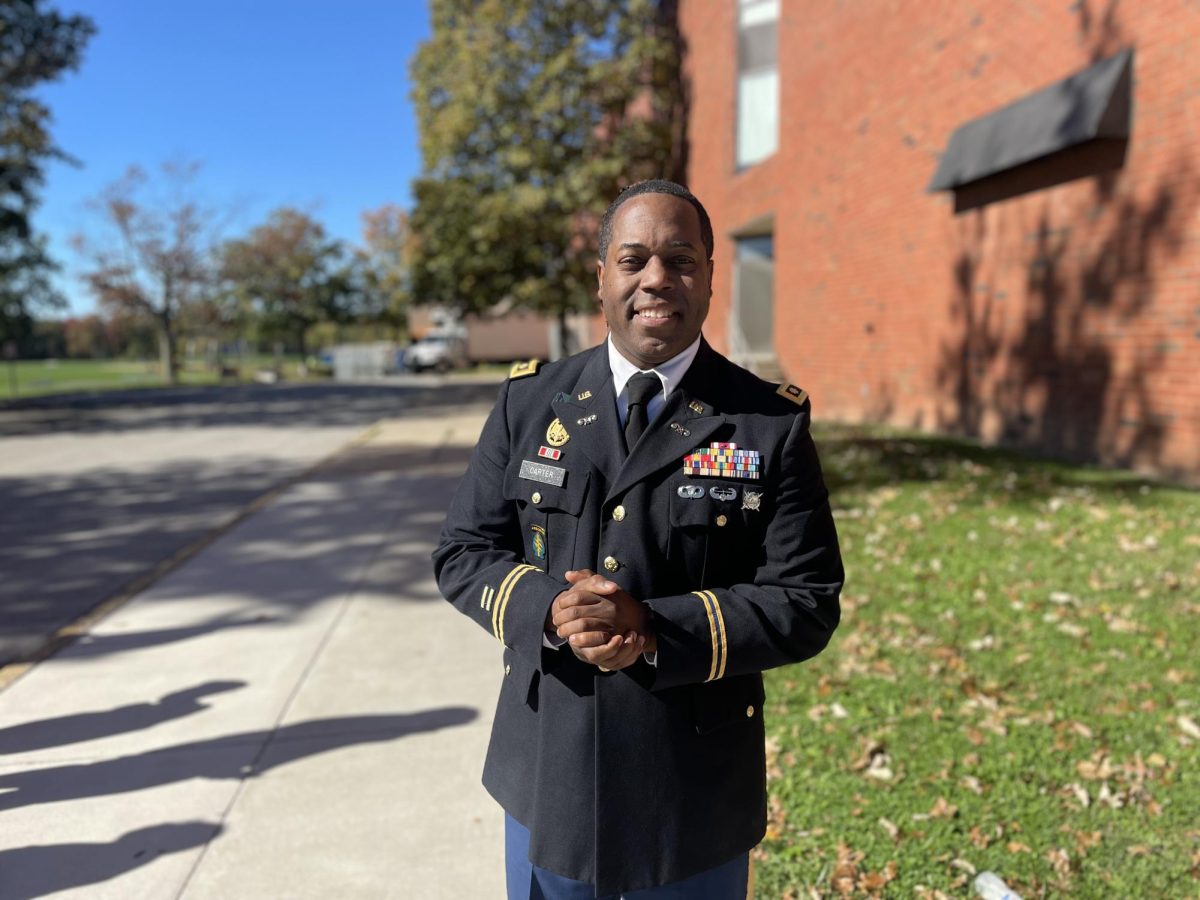Our Idea of Strength Needs to Evolve
Opinion
June 3, 2022
I think there’s an almost universal idea of what a strong person looks like. To many, it’s a person who isn’t too emotional, a person who can defend themselves, a person who isn’t too nice or a pushover, a person who has no weaknesses; the list goes on. Many of these ideas are drilled into our heads at a young age by the role models we had or just the environment we grew up in. I think one of the most detrimental of these ideas is the association between showing emotion and being weak.
A lot of us as kids were taught that crying or showing our emotions are signs of weakness. We’re told to be tough and to get over things fast. Essentially we’re taught that if we don’t acknowledge the pain, it will go away. But that’s not how it works. It’s pretty much impossible to be unaffected by the things that happen to or around you.
So what happens then if you’re not allowed to process it or feel the things you feel? It festers and bubbles up inside of you like some type of untreated disease. Because no matter how hard you try to ignore it or deny it, it’s still there. And you know what happens the longer you leave it untreated? It worsens and it starts to spread its slimy unpleasantries to its surroundings. And so maybe a few weeks or so later, the same feelings come up again only this time they’re much more intense and much harder to deal with. I think it takes much more strength to allow yourself to feel than it does to brush it off.
It’s important to face your problems head-on no matter how minuscule you think they are. People often overlook themselves by comparing their struggles to those of other people. At the end of the day, it doesn’t even matter who has it worse: you’re still being affected by these issues and they need to be dealt with.
So how do we go about dealing with these things? It’s not easy in any way, especially if you’re used to ignoring them, but I think it starts with self-reflection. Take time to analyze your thoughts, feelings, and actions. Try to notice patterns and potential issues going on so that way you can know where to start when trying to fix them. It’s also important to self-reflect in a way that is neither positive nor negative. When you are self-reflecting the point isn’t to judge yourself. The point is to notice your feelings and why you’re feeling them. If I’m being honest this is really hard to do on your own.
It’s much easier and much more effective if you have someone to support and listen to you. Allowing yourself to depend on others and making yourself vulnerable is crucial to building good mental health. It takes an immense amount of strength to open up, allow yourself to be vulnerable, let yourself feel pain, and acknowledge and work on your issues. By being strong for yourself you’re able to be strong for others.
People who hold in their emotions tend to be irritable and explosive and they either don’t know why or they don’t notice it. Every minor issue seems like a big deal to them since they’re already holding so much inside.
A strong person should be able to handle life in a healthy way. It takes more strength to cry than it does to forget, and most importantly a person needs to help themselves before they can attempt to effectively help another.



Misty Cincotti • Jan 6, 2023 at 8:34 am
I am truly inspired by your words. Not only am I inspired that this piece shows maturity and wisdom, but I respect that you are able to put into words the very true sense of what it means to be genuine and live a life that includes owning your actions and feelings. This piece reminded me of something that you would see on a mental health platform, read by a wise psychologist. Thank you for putting this piece out into the world for others to read. Please continue to share your wisdom.